Teaching the 2 Sounds of G: Hard G and Soft G + FREE Charts
This post may contain affiliate links, and I will earn a commission if you purchase through these links. Please read the disclosure policy for more details.
While it’s easy to hear the difference between the hard G and soft G sounds, many readers don’t know why G can make two different sounds.
It can be tricky to teach students about the different sounds of G. In this blog post, I will share some tips on how to teach your students the difference between hard and soft G. Keep reading for more information!
Grab 12 FREE phonics word lists & anchor charts by subscribing to my list!
*Most school spam filters block my emails, so please use a personal email.

Hard G
Hard g is the sound of g that we hear in the word game. It is represented like this: /g/.
Hard g is the more common sound of g.
Hard G Words
Some hard g words include game, gate, gall, gap, gobble, glow, gray, green, ghost, guess, again, and ago.

Soft G
Soft g is the other sound g can make. When g is followed by e, i, or y, it usually makes the /j/ sound as in cage. The soft g can be at the beginning, middle, or end of a word.
This is a rule that may happen, not always. There are some exceptions which include get, gift, anger, and gynecologist.
Soft G Words
Some soft g words include gym, age, gentle, giant, germ, genius, bridge, huge, angel, and danger.

G Words
Need a list of g words? You can download this list by joining my email list above or below. This g words list includes a list for both g sounds.
Grab 12 FREE phonics word lists & anchor charts by subscribing to my list!
*Most school spam filters block my emails, so please use a personal email.

When To Teach Hard and Soft G
You can teach soft g towards the end of first grade, after students have learned all consonants, digraphs, blends, vowel teams, silent e, vowel-r combinations, floss rule, and glued sounds.
How To Teach Hard and Soft G
Introduce the rule to students:
“When g is followed by e, i, or y, it usually makes the /j/ sound as in cage.”
It can help to use an anchor chart and talk about some examples.
Focus on asking students to look at what comes after the letter g. This will help students determine which sound it makes.

You can also point out that if a word ends in g, it makes the hard sound: bag, rug, leg.
Be sure to talk about the exceptions. This rule has more exceptions than usual but it’s still worth teaching.
You can teach students to try following the rule, but if the word doesn’t make sense then try the hard g sound. Flexibility in reading is always important.
A word sort is a good introduction activity to teach this rule.
After sorting hard and soft g words, highlight the letter that comes after the g in each word so students can clearly see the pattern.
Also, include the -dge grapheme when teaching soft g. This is another way to spell the soft g sound. The card pictured above is from my sound wall.
It may be helpful for struggling readers to work on one spelling pattern at a time. For example, you can start with words that end in -ge: cage, page, huge. Then work on words that end in -dge. After, you can work on words that start with ge. Then move on to others one at a time.
Activities To Teach Hard and Soft G
Below are a few activities you can use to reinforce the soft g rule.
Read Decodable Texts
Find some decodable texts that target the hard and soft g sounds.
Have students find all the hard g words and highlight them in one color, then find the soft g words and highlight them in a different color.
Then read the words together.
After this students can read the passage/book.

Picture & Word Sorts
I already talked about word sorts, and picture sorts are good too.
Students can sort pictures or words, then write them in a list and highlight the g sound in a specific color – one color for hard g and another for soft g.
Word Mapping
Phoneme grapheme mapping is always an activity to do when teaching any new graphemes and phonemes.
Using the g words list, have students map out a few words.
Note that sometimes for soft g, the g and following vowel would go into the same sound box as pictured above. That is the case when the vowel after it doesn’t make a sound.
Writing Words With Soft and Hard G
Students can practice writing some words using multisensory methods. These include using magnetic letters, letter tiles, or writing on a textured surface.

Dictation
Dictation is a great way for students to practice and show what they have learned. And it only takes a few minutes.
Ask students to spell the /g/ sound. Then ask them to spell the /j/ sound.
Next, ask students to write 3-5 words that they learned. Choose a mix of words with hard and soft g.
Last, say 1-3 sentences that use words with hard and soft g. Say each sentence once and give students time to write it. Keep it simple and use only words you taught along with words they already know.
You can do this on a blank sheet of paper or use my dictation template which is available for download in my freebies library.
Grab 12 FREE phonics word lists & anchor charts by subscribing to my list!
*Most school spam filters block my emails, so please use a personal email.

Conclusion
The different sounds of g can be tricky for students to learn, but with a little practice and effective instruction, they will be able to master these phonemes.
With our list of printable g words and activities like decodable texts, word sorts, and phoneme grapheme mapping, you can provide your students with the practice they need to become confident readers.





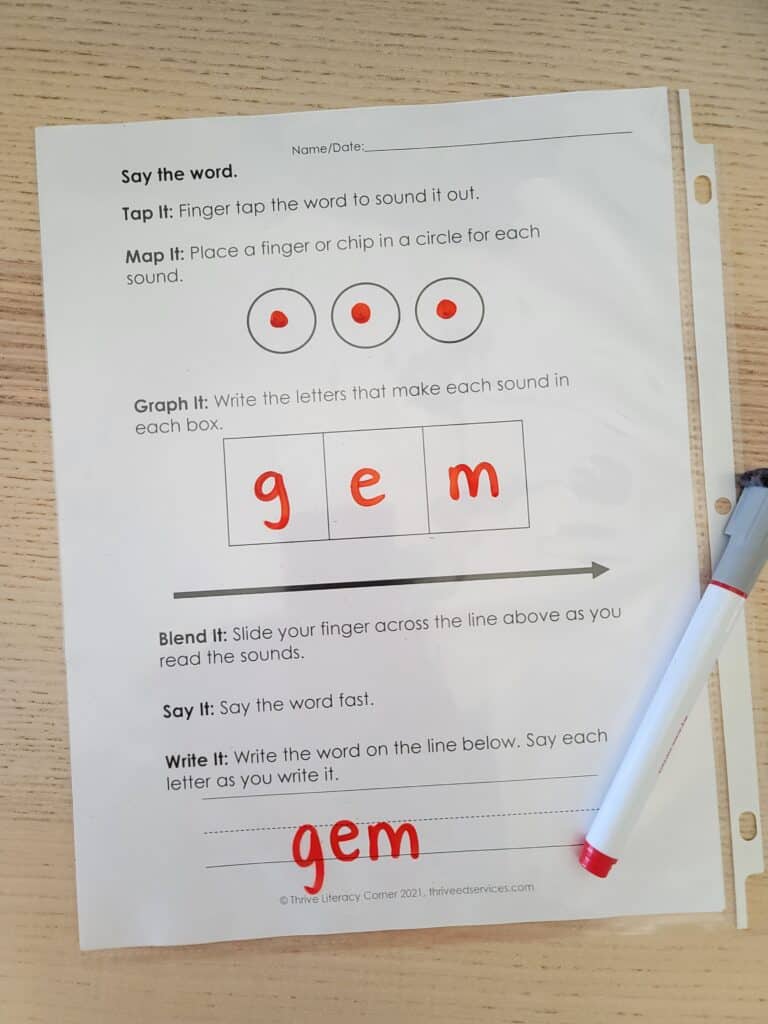
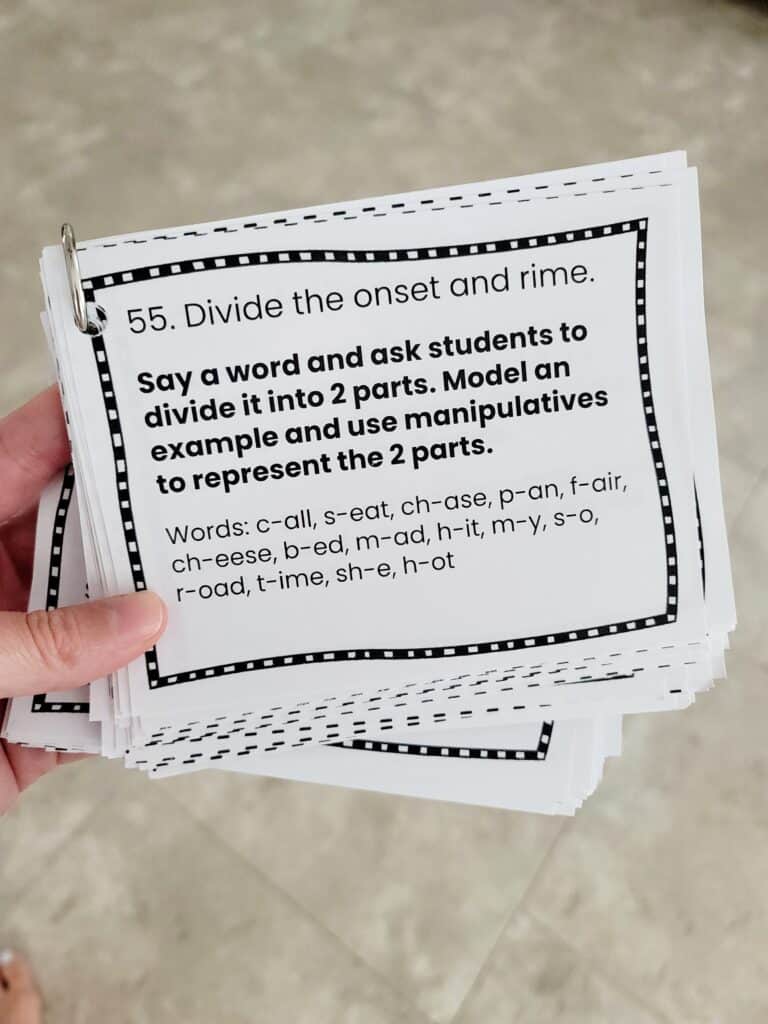
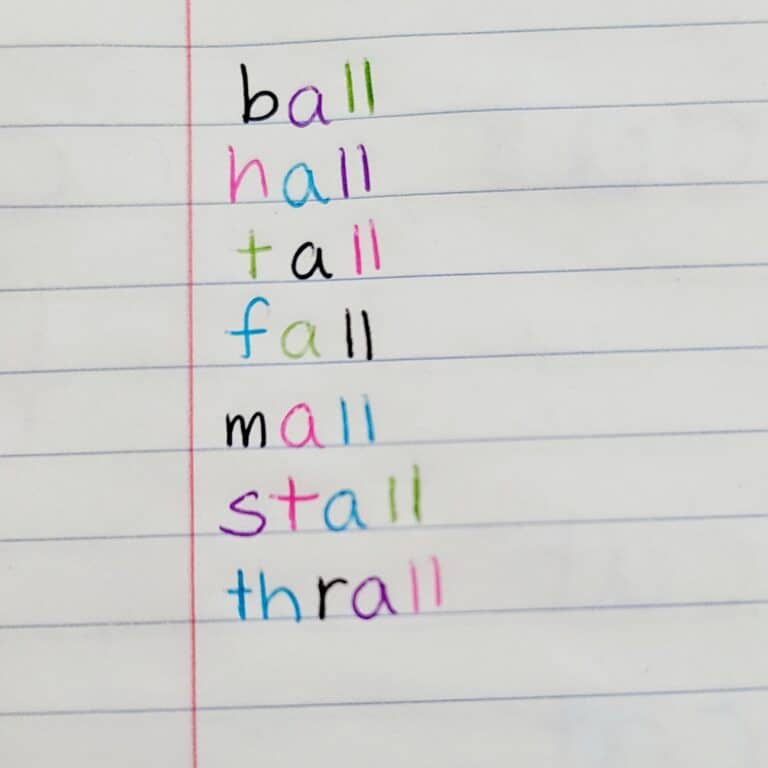
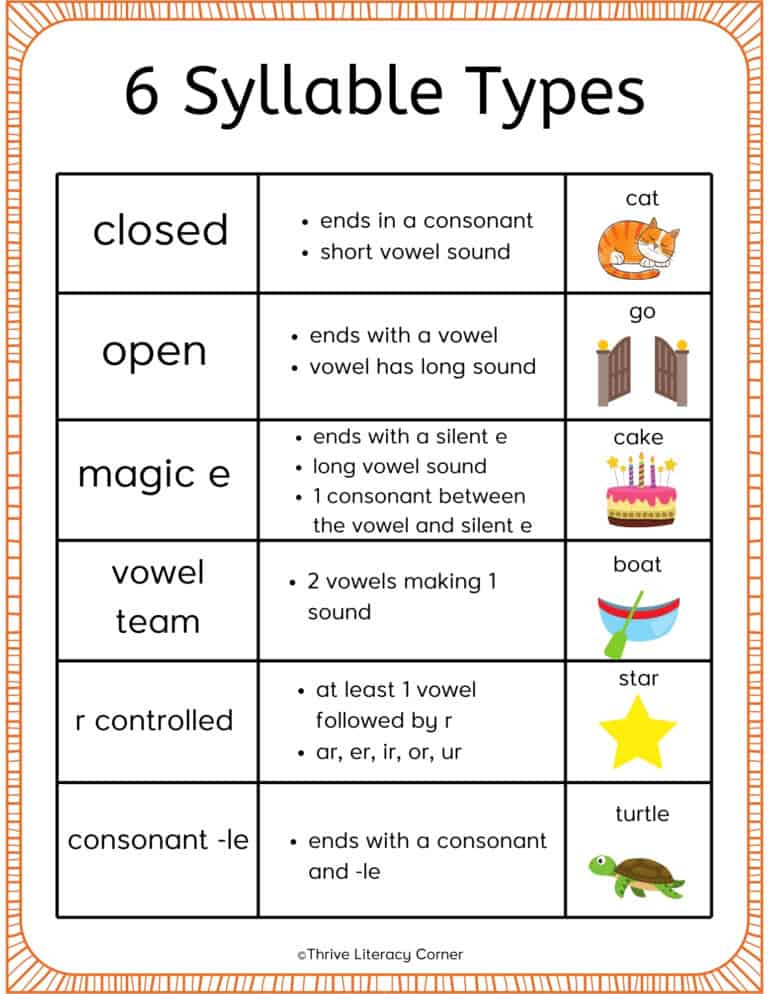
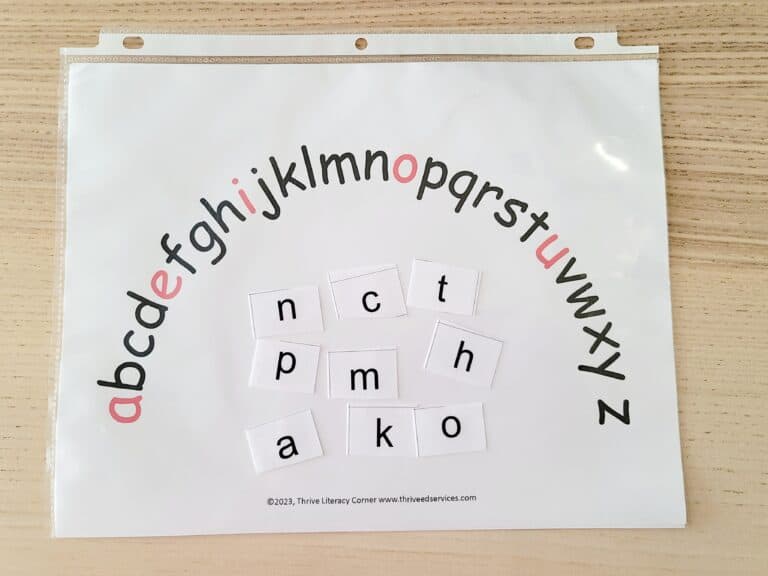
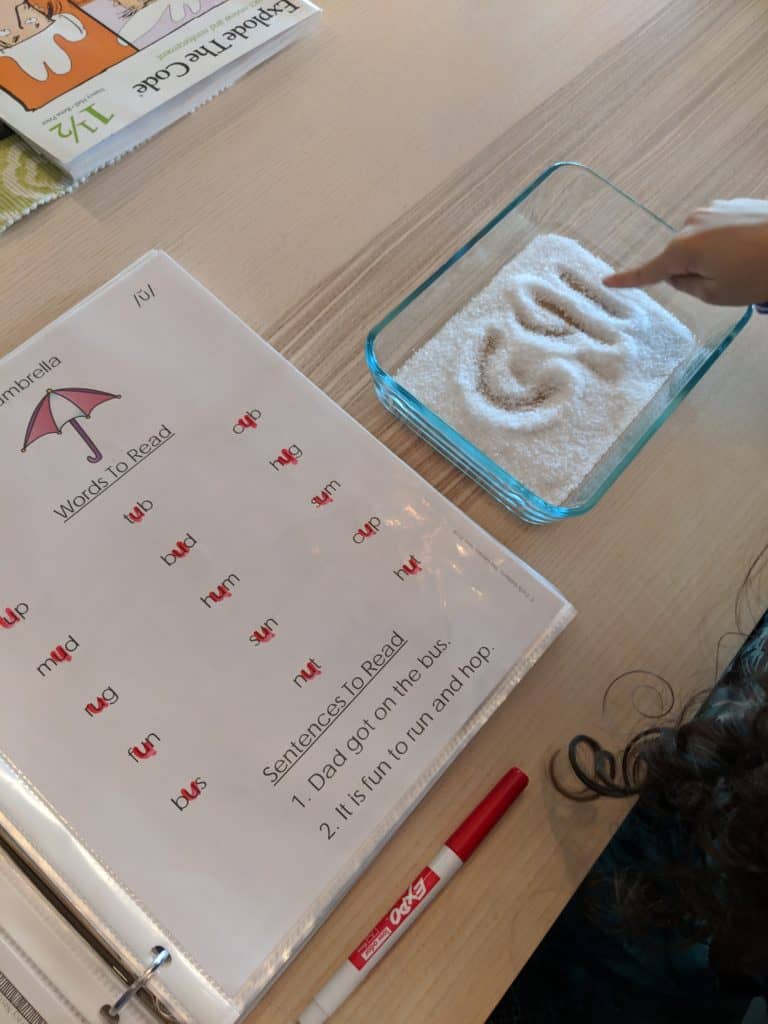
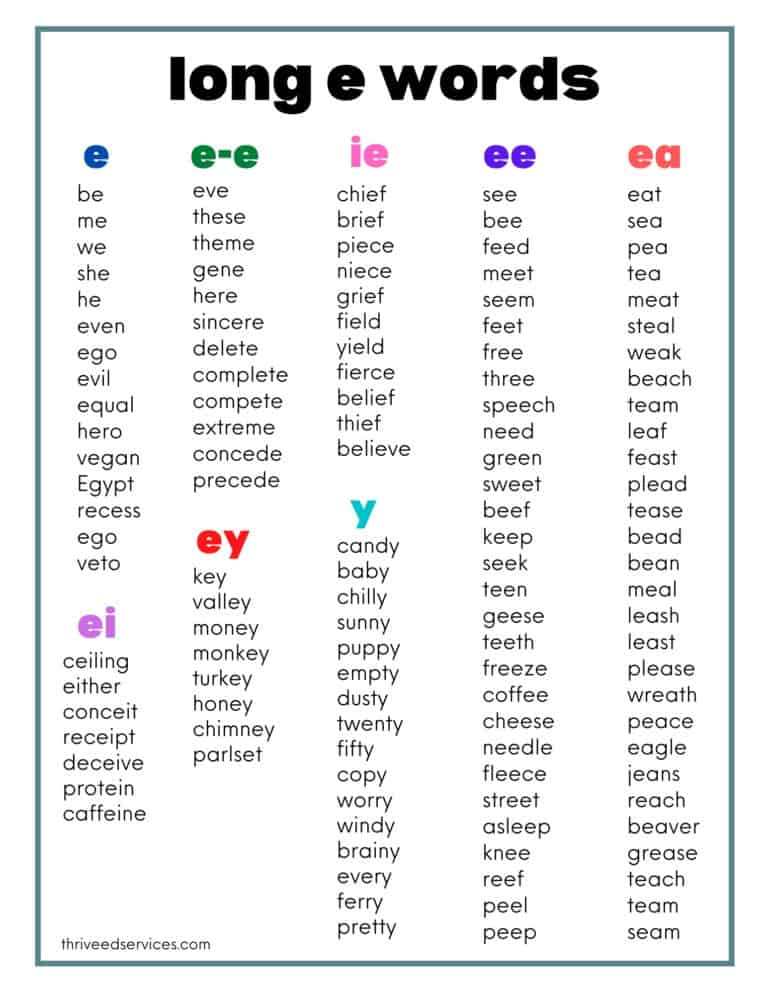
why do you not have hard and soft c
Have not written that post yet